Been super busy with writing gigs, school and running book clubs. As summer approaches, the promised themes will begin and there will be an increase of post. But until then, why not do a more personal post so you can get to know me a little better.
This survey is based on the Anglo alphabet, but since this blogger is also fluent in Finnish this survey will add the Letters Ä and Ö. The survey was originally created by the blogger Jamie over at “The perpetual page-turner”.
A: Author you´ve read most from.
Tove Jansson. I took a class on her authorship at the University before I got a Bachelor degree. Because of that I´ve read nearly all the Moomin books and comics, and one of her standalone novels, ”The Summer Book”. While ”The Moomins”-series is one of the best book series out there, ”The Summer book” kind of faded from memory.
B: Best Sequel Ever.
”Alice through the looking glass”. A major accomplishment considering its predecessor. While I´ve always loved both ”Alice”-novels, ”Alice through the looking glass” was the book I made my dad re-read to me continually before I learned to read myself.
C: Currently reading
”Ender´s Game” by Orson Scott Card. The copy I have was bought at ”Housing Works”, a second hand store in Manhattan (so no profits have gone to Card! The profits in fact went to giving aid to homeless people and people diagnosed with HIV) last year. I am reading it for a Science Fiction book club. 85% and find it to be a very engaging read, but a little formulaic at times.
D: Drink of choice while reading:
Lidl´s Cola light. Cheap and tasty.
E: E-reader or Physical book?
Physical book. But I also love Audiobooks. When stuck doing house chores, traveling on a crowded buss or cooking, an audiobook gives readers the opportunity to multitask.
F: Fictional Character you probably would have actually dated in High School:
If he would be aged up, Huey Freeman. (This counts because of the comics). When I was sixteen years old, Huey Freeman was my idea of a perfect man: politically active, nerdy, serious, and badass. Now, I´m not so sure. He´s a bit of anti-social sometimes 😀
G: Glad you gave this book a chance:
”To all the boys I´ve loved before” and its sequel, ”P. S. I still love you” by Jenny Han. While I tend to avoid romance books and books set in high school (the Young Adult novels I read usually take place outside of high school), these books are delightful in their sincere exploration of family, life, identity, and even bullying.

H: Hidden gem Book:
”Butterfly burning” by Yvonne Vera. A forgotten feminist classic.
I: Important Moment in your reading life:
Reading ”The Trial” by Franz Kafka when in the 8th Grade (which made me at the time 14 years old). That´s when I truly fell in love with the written word.
J: Just Finished
”Pig tales” by Marie Darrieussecq, a required reading book for a class at the University. The book is a first-person narrative about a woman who starts to slowly turn into a pig while dealing with a misogynistic boyfriend and working at a abusive cosmetics/brothel department store. It was a wild ride, with great biting satire.

K: Kind of book you won´t read:
Self-help books. A very problematic part of our current neoliberal society.
L: Longest Book You´ve Read:
”Blonde” by Joyce Carol Oates. It is 867 pages long (at least the copy I own has that amount of pages). It is a very easy read despite it´s length and is a very well crafted depiction of sexism in American culture.
M: Major book hangover because of:
No book, but usually after finishing an exam I have a couple days burn out where reading is impossible. This was especially true last February, when the stress of finishing my bachelor degree made me unable to do anything outside of school.
N: Number of bookcases you own:
Counting the ones I don´t share with my parents: six.
O: One book you´ve read multiple times:
I´ve read ”Home” by Toni Morrison twice.
P: Preferred place to read
On my bed.
Q: Quote that inspired you
“Politics means accepting that things happen for a reason” – ”I love Dick” by Chris Kraus
and from the same book: ”Art, like God or The People, is fine for as long as you can believe in it”.
First quote sums up why I´m a feminist/leftist activist. The second sums up why I´d ever study literature and be a critic/poet.
R: Reading Regret
That I never finished ”All the light we cannot see” by Anthony Doerr. Everybody loved that book. My significant other read it in a week and could not stop talking about it last year.
S: Series you started and Need to Finish (in where all the books in the series are published):
I am yet to read ”Madaddam” by Margaret Atwood, the final book in the ”Madaddam” trilogy. I adored ”Oryx and Crake”, the first book in the series; it was fresh and original. The topics are also still relevant, with genetic mutation and environmental concerns, as well as child slavery.

T: Three of your All-time favorite books:
”The Trial” by Franz Kafka, ”Waiting for the barbarians” by J. M. Coetzee, and ”The Handmaids tale” by Margaret Atwood.
U: Unapologetic Fangirl for:
”The Hunger games”-trilogy by Suzanne Collins. These books have great characters and discuss issues most books shy away from (even the more progressive ones), such as Poverty.
V: Very excited for this release:
”Hunger: A memoir of (my) body” by Roxanne Gay. It deals with a topic quite rare in literature, which is the eating disorder of over-eating. Can´t wait to finally read a book about this topic.
W: Worst book habit.
Reading multiple books at the same time. Means that some books I end up not finishing and adding it back to the to-be-read pile.
X: X marks the spot. (the blogger is suppose to Start at the top left of your shelf and pick the 27th book.
”Brown girl dreaming” by Jacqueline Woodson. Birthday gift this year.
Y: Your latest book purchase.
”In one person” by John Irving and ”Jag vill ha ett liv” (”I want to have a life”) by Sofia Hedman from a second hand bookstore.
Z: ZZ-snatcher book (last book that kept you up WAY late)
”Saga vol 2” by Brian K. Vaughan. Those comics are very addictive.
Bonus round!: Ä: ”Äitienpäivä”. (”Mothers day”). Most memorable mother character you´ve read.
Marigold from ”The Illustrated Mother” by Jacqueline Wilson. Marigold is a very imperfect, but very well-meaning, mother who tries to be a good parent but can´t because of her undiagnosed bipolar disorder, as well as being a single parent with illusions of a past love that will return to her. A very touching, if heartbreaking, depiction of parenthood.
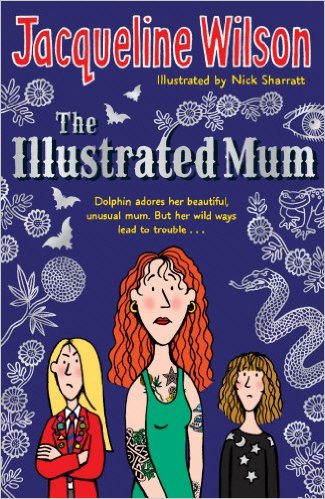
Ö: Finnish word that starts with ”Ö”.
Öljy. It means oil!
Take Care/ Maaretta














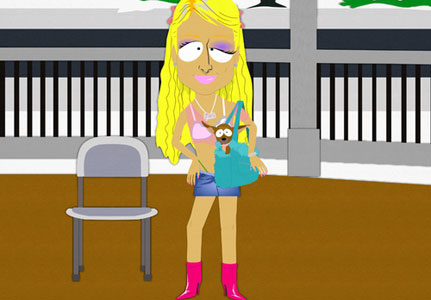

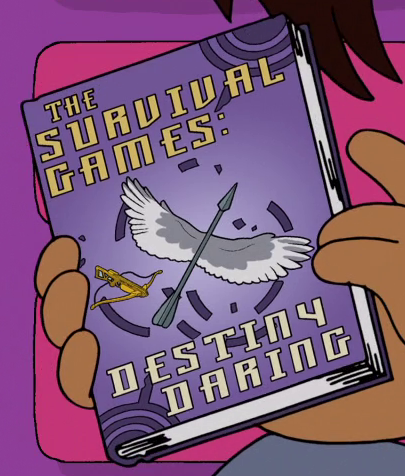


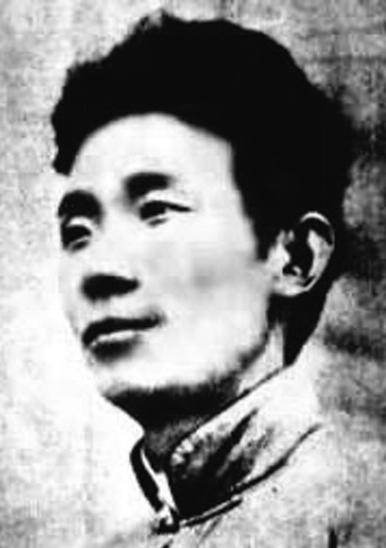



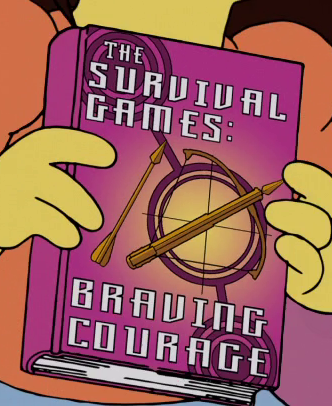
Happy Black History Month!: Reading Recommendations
Today is the last day of Black History Month! In Honor of this, here’s some reading recommendations, from comics to novels to poetry.
Normal post will return in March!
Take Care/ Maaretta